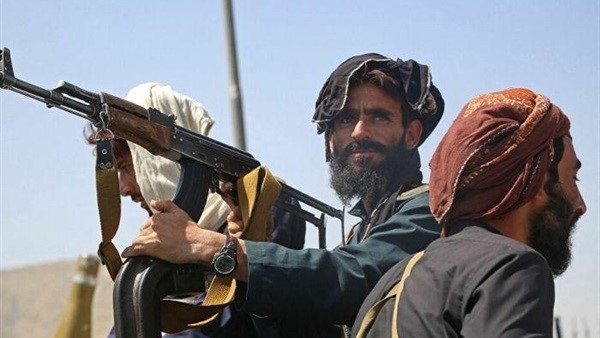Repercussions of Pakistani Taliban escalating attacks against Islamabad through Afghan territory

The Afghan-Pakistani border continues to represent one of
the most dangerous security hotspots for the Islamabad government since the
Afghan Taliban movement came to power. These areas witness security violations
from time to time, forcing the authorities in the two countries to take
exceptional measures, the least of which is closing the main crossings between
the two neighboring countries. The Taliban movement, with its Afghan and
Pakistani wings, is the biggest problem in that region, which witnessed a
dangerous escalation on the night of Thursday, September 7, with serious
repercussions due to the numerical density on the part of the Pakistani Taliban
bloc and the backgrounds of the escalation.
Boundary tension
The Pakistani government announced that its security forces
had repelled a large-scale attack launched by hundreds of Pakistani Taliban
fighters on the Afghan-Pakistani border, and government officials indicated
that the attack came from the Afghan territories ruled by the Afghan Taliban.
According to AFP, Lower Chitral Deputy Commissioner Muhammad
Ali Khan stated that “they were in the hundreds and were armed with light and
heavy weapons. We were ready to respond to the attack, and the exchange of fire
lasted for about four hours.”
Chitral confirmed that the clashes resulted in the killing
of four Pakistani soldiers and nine Pakistani Taliban. He pointed out that the
Pakistani forces had been monitoring their movements in the nearby border areas
for two or three days, explaining that the information they obtained
contributed greatly to repelling the attack.
At the same time, the Pakistani Taliban also announced the
control of two of Islamabad’s military sites, saying in a statement circulated
through its media outlets that the two sites are
located in Bumburet district in Chitral.
The clashes began due to the failure of the Afghan Taliban
to agree with the Pakistani government not to set up checkpoints in that area,
which was confirmed by Khan in his statements. This led to the objection of the
Pakistani side, so the Afghan forces opened fire on the Pakistani side.
Repercussions of the crisis
The clashes led to the closure of the Torkham border
crossing between Pakistan and Afghanistan, which is one of the most important
border crossings between the two countries. The crossing is considered the main
transit point for passengers and goods between Pakistan and Afghanistan.
It is noteworthy that the crossing was closed several times
during the past two years, including last February, causing thousands of trucks
loaded with goods to stop on both sides of the border for days as a result of security violations.
Dr. Mohamed El-Sayed, a researcher specializing in Asian
affairs, said that the crisis will not stop only at the point of closing the
main crossing between the two countries, since there is more than one dimension
to the repetition of these incidents, as the Islamabad government accuses the
Afghan Taliban of harboring members of the Taliban movement and supporting
their armed attacks on Pakistani forces across the common border between the
two countries. This puts the Afghan Taliban in a constant dilemma that they do
not seem to want to get rid of, which is their failure to adhere to what they had
pledged before they seized power, namely not providing a
safe haven for armed groups on Afghan soil.
He explained that the Taliban failed to do so from day one,
as their actions have been completely the opposite, and therefore they do not
see the impact of this on the Afghan interior, given the international
community’s fears about the movement, which has not yet been recognized
internationally.
El-Sayed added that, on the other hand, the Pakistani
Taliban movement is looking forward to following the example of its Afghan
counterpart, so that one day it can gain control of power in Pakistan, which
Islamabad is well aware of, and it is working to completely control the borders
between the two countries to prevent contact between the two parties.







